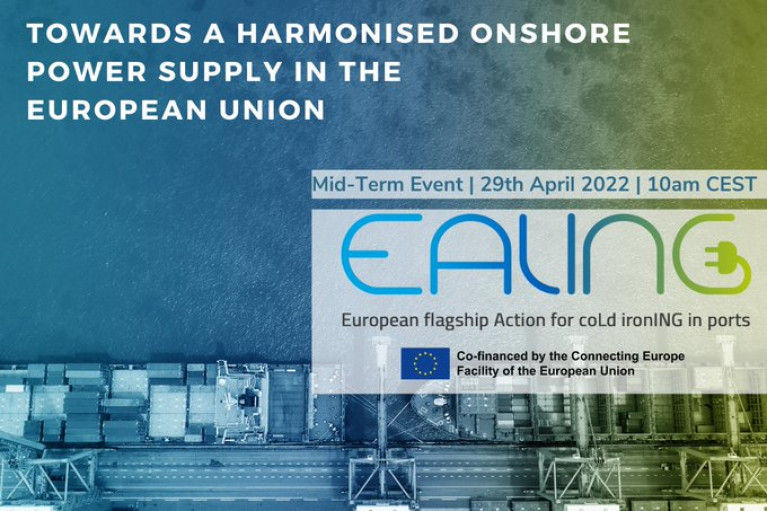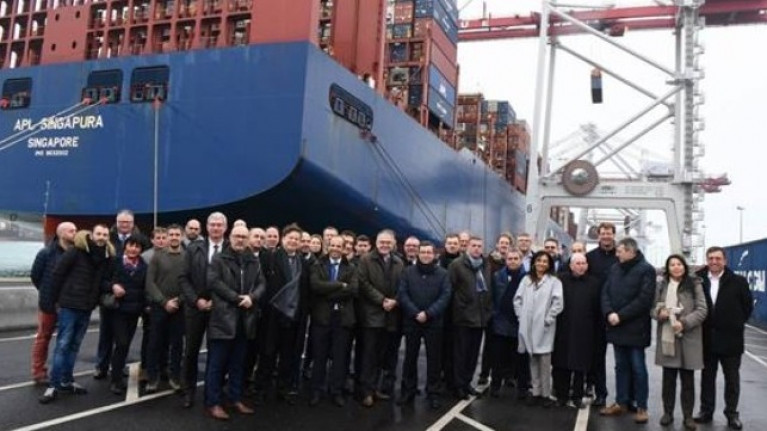Displaying items by tag: Cold Ironing
Irish Maritime Development Office in Partnership with European Flagship Action for Cold Ironing in Port
The Irish Maritime Development Office (IMDO) is a partner Motorways of the Sea project titled “European flagship Action for coLd ironING in ports “ (EALING).
The IMDO will be undertaking technical studies aimed at identifying the locations and requirements for OPS in Irish ports and developing high level designs & costs for the systems that could be deployed.
The EALING consortium has 22 partners from across Europe that represent the maritime community with Port Authorities, consulting companies in power system, energy and engineering, logistics, research and development bodies, IT suppliers.
The project aims to provide a common EU harmonised and interoperable framework for the transition to electrification and ultimately accelerate the effective deployment of OPS solutions in the EU maritime ports.
Further details are available on the project website here.
Container Ship at French Port Inaugurates Shoreside Power
Container ship APL Singapura operated by CMA CGM became the first ship to use the Port of Dunkirk's shoreside power (cold ironing) facilities last week.
The cold ironing system reports The Maritime Executive, was installed at the Terminal des Flandres in France will become fully operational during the first half of 2020.
Actemium, a consortium of two companies (Brest and Boulogne) was selected to carry out the works including the design and supply of the system which fits into six 40-foot containers. With a capacity of 8MW – enough to power nearly 1,000 homes – this system is one of the most powerful ever to be installed in Europe.
The operation was co-financed by the Urban Community of Dunkirk, the Hauts-de-France region (via the European Regional Development Fund), and the Port of Dunkirk. The CMA CGM Group covered the cost of the equipment needed to connect the vessel.
In December last year, the European Sea Ports Organisation (ESPO) welcomed Europe’s ambition to become the world’s first climate neutral continent by 2050, as proposed in the European Green Deal published on December 11. The Green Deal states that transport should become drastically less polluting, especially in cities. The Commission says it will take action in relation to maritime transport, including to regulate access of the most polluting ships to E.U. ports and to oblige docked ships to use shoreside power.

























































